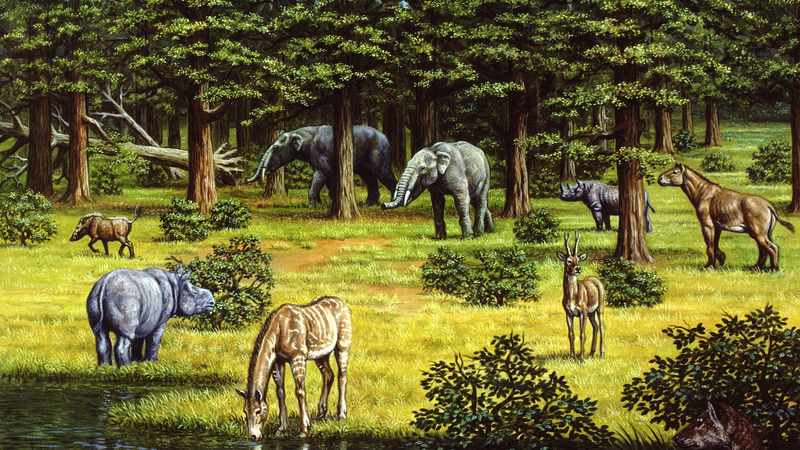Ever wondered how plants can steer Earth's thermostat? A new study published in Science Advances reveals that shifts in plant life were key drivers of major climate changes during the late Miocene (11.6-5.3 million years ago).
Led by researchers at the Institute of Atmospheric Physics of the Chinese Academy of Sciences, the team combined fossil evidence with advanced climate models to show that changes in vegetation cover didn't just respond to temperature shifts; they actually accelerated them. As forests gave way to more open plant communities, feedback loops like altered surface reflectivity and carbon uptake pushed climate transitions to happen faster than previously thought.
These insights rewrite our understanding of ancient climate dynamics, suggesting that vegetation acted as both a barometer and a thermostat for Earth's climate system. By spotlighting the powerful two-way relationship between plants and the atmosphere, the study offers fresh perspectives on how ecosystems might influence future climate trajectories.
For young global citizens, entrepreneurs, and changemakers tracking the frontiers of science, this research underscores the critical role of natural feedbacks in shaping planetary health. As we navigate today's climate challenges, lessons from the Miocene remind us that safeguarding plant communities is more than conservation; it's climate resilience in action.
Reference(s):
Vegetation changes accelerated climate shifts during late Miocene
cgtn.com




